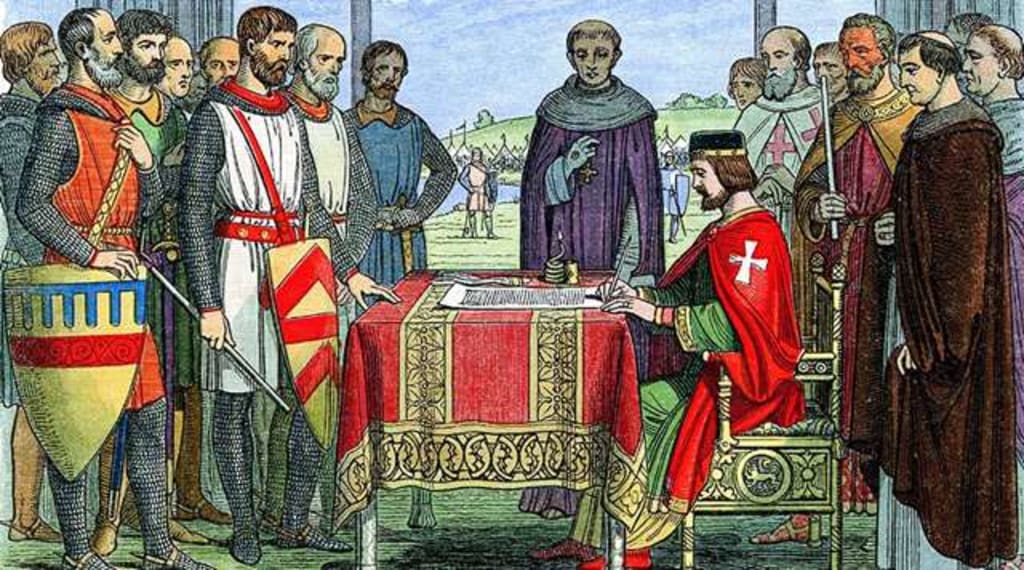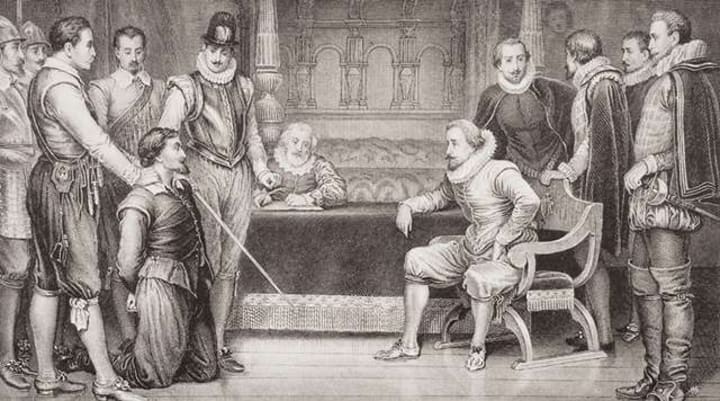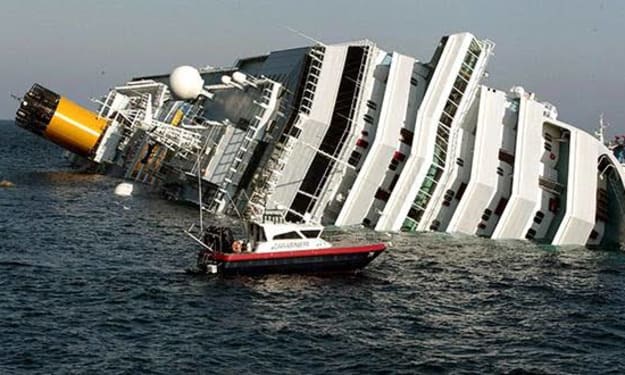TOP 10 MOMENTS FROM HISTORY
TOP 10 MOMENTS FROM HISTORY

TOP 10 MOMENTS FROM HISTORY

To commemorate the 950th anniversary of the Battle of Hastings, we worked with novelist and illustrator Liz Pichon to produce a contemporary Bayeux Tapestry that highlights the top ten historical events since 1066.
Here is what youngsters chose when we asked them to assist us in making a decision.
1. WILLIAM THE CONQUEROR DEFEATS HAROLD AT THE BATTLE OF HASTINGS - 1066

The Battle of Hastings, which occurred in 1066, is arguably the most famous event in English history, according to the majority of people. Whether King Harold was actually shot in the eye by an arrow or not, the events that day on the battlefield in East Sussex changed England forever. William gained the moniker "the Conqueror" after his triumph at Hastings; he was crowned by Christmas, and Norman influence spread throughout the nation.
2. THE SEALING OF MAGNA CARTA - 1215

The 'Great Charter', sometimes known as Magna Carta, is famous for its legacy rather than its real influence, which was somewhat minimal. The original charter, which was imposed upon King John by his barons in an effort to curtail his power, was quickly revoked. After his death, his son reissued it, and the concept endured; it is now seen as an illustration of the legal, human rights, and just ideals.
3. THE PLAGUE (BLACK DEATH) ARRIVES IN ENGLAND - 1346

It is difficult to imagine the terror that must have struck the people in England as the Black Death swept across the country. Well over a quarter of the population are believed to have died, devastating villages and towns. The plague had profound impact on society - leading to relative peace for a time and providing wage rises to surviving peasants - paving the way to the Peasants Revolt and helping to end serfdom.
4. WARS OF THE ROSES BEGINS - 1455

Less than a century after the Black Death, England experienced another tremendous upheaval, but this time it was man-made. Families were pitted against one another during the Wars of the Roses, which were waged between the two strong houses of York and Lancaster. Three decades of revolt and scheming followed King Henry VI's abdication in the nation. Only after Henry Tudor beat Richard III at the Battle of Bosworth in 1485 did this come to an end, ushering in the Tudor era.
5. WILLIAM SHAKESPEARE IS BORN - 1564

Over 1,000 words in the English language are used today because of William Shakespeare, and phrases from his plays are still commonly used in daily conversation. It's not just his language that was important - he was the great entertainer of his day, writing for everyday people in a time when theatre was the popular entertainment for all. Elizabeth I may have been queen for much of his life, but it was Shakespeare who wrote much of the history.
6. THE GUNPOWDER PLOT AND GUY FAWKES ARE FOUND - 1605

The Gunpowder Plot was a Catholic assassination attempt on King James I that might have been successful if but for a late warning from an anonymous letter. The rhyme "remember, remember, the 5th November" serves as a reminder of the conspiracy, and today we still celebrate the day it was found with bonfires and fireworks.
7. THE BATTLE OF WATERLOO - 1815

The Battle of Waterloo was the final clash after years of war between European nations and French emperor Napoleon Bonaparte. The allied forces led by the Duke of Wellington - who descibred the battle as 'a damned close-run thing' - defeated Napoleon's imperial amibitions. This led to peace in Europe for years to come and helped to end centuries of conflict between England and France.
8. IN 1837, QUEEN VICTORIA BECOMES QUEEN

Only a small percentage of English monarchs or queens give their birth year, yet we are all familiar with the Victorian era. Victoria was monarch for more than 60 years during which time Britain underwent significant change. People's way of life has changed due to the industrial revolution, cultural advancements, and scientific breakthroughs, many of which have direct connections to the expansion of the British Empire. Victoria, a representation of the people she controlled, sat at its center.
9. V-E DAY MARKS THE END OF SECOND WORLD WAR - 1945

The two World Wars shattered peace in Europe, and for the first time everyday people were affected by aerial warfare. Britain faced heavy losses, air raids, rationing and other hardships during the long years of war. When the Allies accepted Germany's unconditional surrender in May 1945 it was marked by cheering crowds and street celebrations across the country.
10. TIM BERNERS-LEE INVENTS THE WORLD WIDE WEB (INTERNET) - 1989

Few inventions have changed our lives as much as the internet. When Tim Berners-Lee proposed a new information management system at CERN in 1989, it was difficult to imagine the impact it would have, connecting the world and sharing information in a way never done before
About the Creator
Daniel B. Usang
The Home of Scary/Creepy & Historical Events Content
Your Mind is
A Wonderland of
Your Imagination
Make it Beautiful!
Join us and support Fellow Creators with Reads and Likes ❤️❤️🙏






Comments
There are no comments for this story
Be the first to respond and start the conversation.